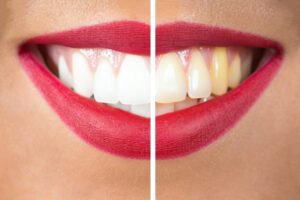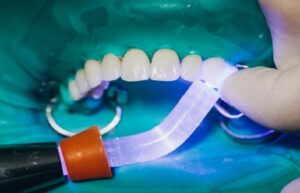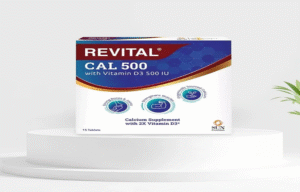General Dentistry: Dealing With Cracked Teeth And Repair Options

Cracked teeth can be painful and worrying. They often occur from biting hard foods, grinding, or injury. General dentistry offers ways to fix these issues. Repair options depend on the size and location of the crack. Sometimes, cracked teeth can lead to bigger problems if not treated. It’s like fixing a crack in a dam before it becomes a flood. One expert, the Houston snoring & sleep apnea specialist, has noted how oral health impacts our well-being. Let’s explore how to manage cracked teeth and understand the repair choices available.
Understanding Cracks in Teeth
Not all cracks are the same. Some are minor and cause no pain, while others may hurt during biting or when exposed to hot or cold. The most common types of cracks include:
- Craze lines: Tiny cracks on the outer enamel. Often harmless.
- Fractured cusp: A piece of the tooth’s surface breaks off. Usually doesn’t affect the pulp.
- Cracked tooth: A deeper crack that can extend to the gum line. May require treatment.
- Split tooth: A crack with distinct segments. Often results from an untreated cracked tooth.
- Vertical root fracture: Begins at the root and can spread upwards. Often detected when the surrounding bone or gum becomes infected.
Identifying the type of crack helps in deciding on the best treatment.
Treatment Options
Depending on the severity and location, various treatment options are available:
| Treatment | Description |
| Bonding | Uses resin to fill the crack. Suitable for minor cracks. |
| Crown | A cap that covers the tooth. Protects and restores function. |
| Root Canal | Removes damaged pulp. Necessary if the crack reaches the pulp. |
| Extraction | Removes the tooth. Needed if the tooth is beyond repair. |
Regular check-ups help catch cracks early. This can prevent the need for extensive treatments. According to the Centers for Disease Control and Prevention, maintaining regular dental visits is key to oral health.
Preventive Measures
Prevention is better than cure. Here are simple steps to avoid cracked teeth:
- Avoid hard foods: Be cautious with ice, hard candies, and popcorn kernels.
- Wear a mouthguard: Protects teeth during sports and reduces grinding impact.
- Don’t use teeth as tools: Avoid using them to open bottles or tear packages.
By adopting these habits, you can minimize the risk of cracked teeth. The American Dental Association offers more tips on maintaining strong teeth.
Conclusion
Cracked teeth need attention to prevent more serious issues. General dentistry provides several ways to repair and restore teeth. Understanding the type of crack is essential in choosing the right treatment. Regular dental visits and preventive care can keep your smile healthy and strong.
Maintaining oral health takes commitment and care. By being proactive, you can enjoy a pain-free and confident smile. Remember, early detection and treatment are key. Don’t hesitate to consult a dentist if you suspect a crack. Stay informed and take charge of your dental health.








